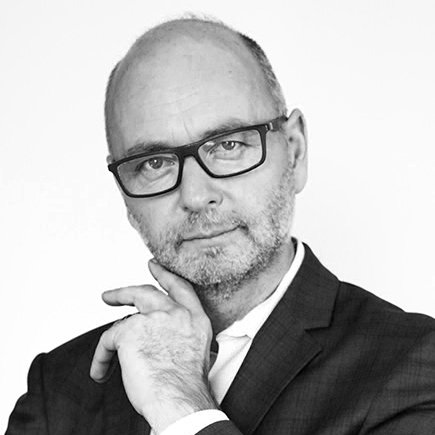
As Americans adapt to the new normal of social distancing and stay-at-home orders, videoconferencing has become our lifeline. The likes of Zoom and FaceTime helps us hold business meetings, chat with friends and connect with loved ones we no longer can visit in person. Los Angeles schools have been closed for two weeks; for millions of schoolkids, academic videoconference offerings such as Google Classroom and SeeSaw are their classrooms.
A group of local sixth graders were online recently when something unexpected and abhorrent happened. Someone who wasn’t supposed to be there burst into their online classroom. The intruder started hurling anti-Semitic slurs at the children. The teacher immediately shut down the online lesson.
This traumatic episode — compounding an already difficult and confounding time for kids — is not an anomaly.
Bigots long have relied on the anonymity of the internet and its darkest underbelly as a gathering place. What’s different now is the bigots are targeting what should be sacred spaces of learning and personal growth. Across the world, we are seeing incidents of “Zoombombing” — a new tactic by which online trolls disrupt in-progress Zoom sessions with graphic or profane content. Recently, racists and anti-Semites have burst into virtual education classes to spew their vile messages of hate. And it’s not just grade-school classrooms; it’s happening at USC, where I’m executive director of the USC Shoah Foundation, and at colleges and universities from coast to coast.
The pandemic is reminding us of two truths. The first is how interconnected we are, how dependent we are on one another and how we seek connection even during times of isolation. The second is that bigots latch onto every opportunity to spread their venom, mutating to exploit every new situation and new technology.
The lesson is that we must remain engaged, united, supportive — and vigilant. The need for connection and outbreaks of bigotry are two sides of the same coin. In times of disruption, we have a human need for connection; in times of chaos, the disenfranchised often express their anxiety by attacking and scapegoating those they see as privileged.
“The need for connection and the outbreaks of bigotry are two sides of the same coin.”
We have seen this before. At the USC Shoah Foundation, we have collected tens of thousands of video testimonies from Holocaust survivors. We know from these testimonies about the tremendous lengths victims of the Shoah went to remain connected to one another amid the horrors of the ghettos and the camps.
I say this not to liken Zoombombing to history’s greatest horror, but to remind us the two sides of this coin always are with us. Today, it means we must do whatever we can to remain connected and supportive, to retain our humanity. A lesson of the Holocaust is that we are all for one another, and we must take those responsibilities seriously.
It also means we must remember our connections and must stand up for those unjustly targeted. Viruses have no nationality, and we must fight against the senseless anti-Asian vitriol being unleashed. So, too, we must fight a new wave of anti-Semitism — not just evidenced by Zoombombing, but by recent FBI reports that white nationalists and other extremists infected with the virus are trying to infiltrate places where Jews “may be congregated” to try to spit in their faces and pass the virus to them.
Every crisis can exacerbate divisions. Let’s hope it is not the thin edge of a wedge that will drive our country apart and turn an already fractured nation against itself. Let’s make this crisis an opportunity for people to come together, find our better selves and show responsibility toward our families, friends and communities.
In his video testimony, Holocaust survivor George Papenek told us the lesson he has drawn from life is that it’s important to be part of the world, to be engaged with the world and to do what you can to make a difference. Now is the time to follow Papenek’s example. Be engaged. Be responsible. Use your voice to stand up for what’s right in the face of bigotry, wherever we find it.
Stephen D. Smith is Finci-Viterbi executive director of the USC Shoah Foundation.























 More news and opinions than at a Shabbat dinner, right in your inbox.
More news and opinions than at a Shabbat dinner, right in your inbox.